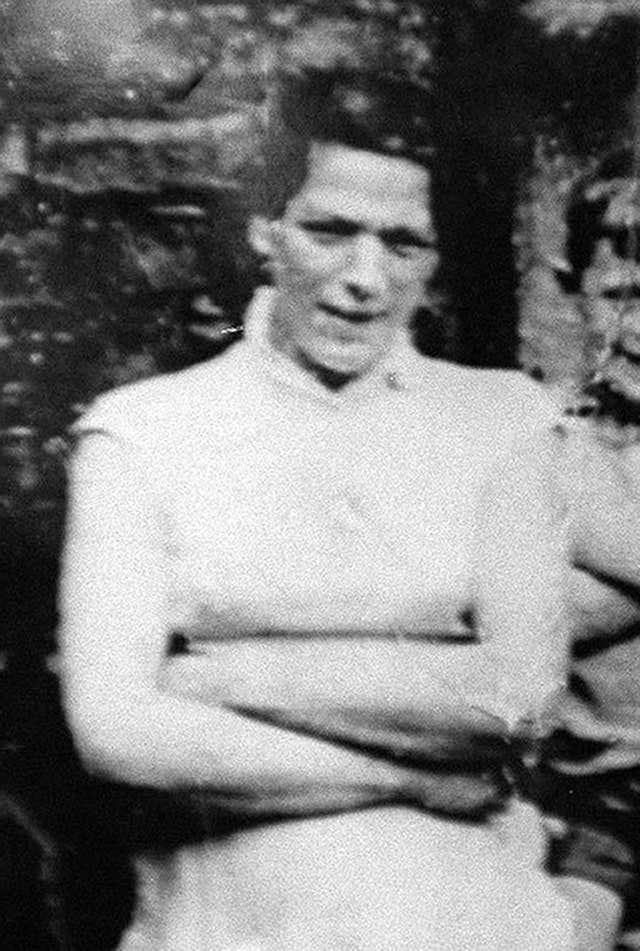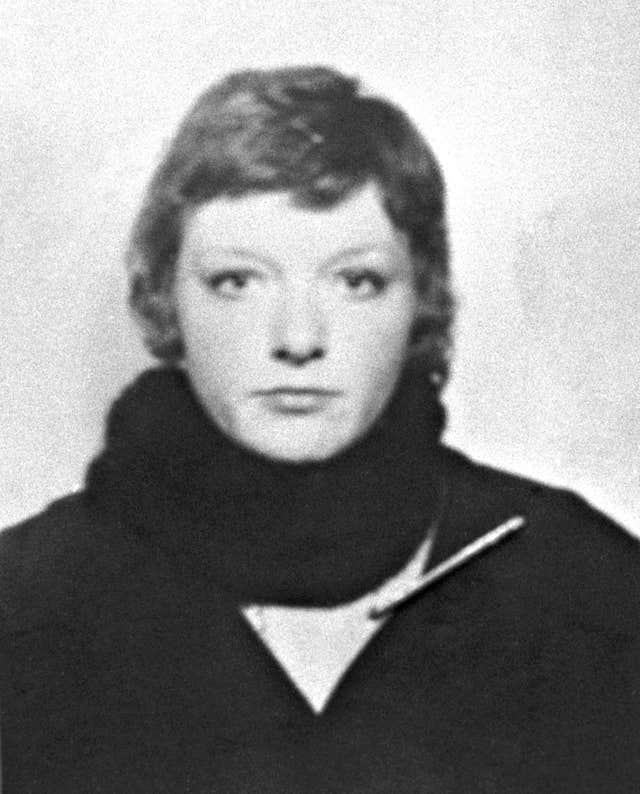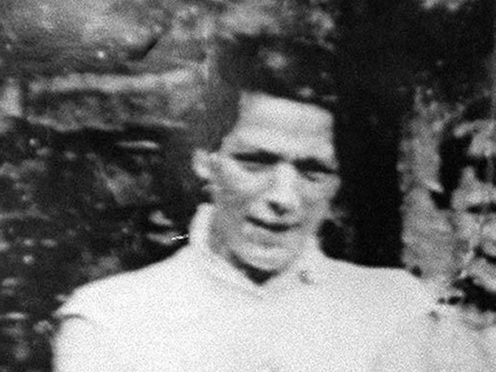Two sons of a woman who was murdered and secretly buried by the IRA have staged a protest outside a cinema showing a film which includes alleged details of their mother’s death.
James McConville was joined by one of his brothers, Thomas, outside the Moviehouse on the Dublin Road in Belfast on Wednesday evening as media gathered to watch the press screening of I, Dolours.
Other members of their family chose not to take part.
The film tells the story of Dolours Price, including claims she made before her death about the murder of Jean McConville.

The 37-year-old was dragged from her home in Belfast’s Divis flats complex in 1972 by an IRA gang of up to 12 men and women, accused of passing information to the British Army – an allegation later discredited by the Northern Ireland Police Ombudsman.
She was shot in the back of the head and secretly buried 50 miles from her home, becoming one of the “Disappeared” victims of the Troubles.
It was not until 1999 that the IRA admitted the murder when information was passed to police in the Irish Republic.
Her remains were eventually found on Shelling Hill beach in Co Louth by a member of the public in August 2003.
Nobody has been convicted of her murder.
Before her death in 2013, Dolours Price, who was an active member of the IRA in the 1970s, made claims about how the murder had been carried out.
The claims were made during interviews with journalist Ed Moloney as part of a research project which became known as the Boston College tapes.
Ms Price, along with many other former terrorists from both sides of the sectarian divide in Northern Ireland, took part in the interviews on the agreement they would not be released until after her death.
Mr McConville said some of her claims do not tally with what his family had previously been told by the IRA.

“We deserve the truth about what happened to our mother,” he said.
“After what happened to us when we were in care, and what happened to our mother. We deserve the truth.
“We want to listen to the tapes of the interviews with Dolours so we can hear all what she said happened to our mother.”
Mr Moloney, who produced and co-wrote the film, has defended it.
He told the Irish News: “There’s always going to be people unhappy with films and I’m sorry if they are, but that’s just the way it is.”
I, Dolours, has been described as “one woman’s story of life and death in the IRA”, from leading the first team to bomb the centre of London in 1973 to being involved with the Disappeared.
Promotional material describes the film as the “anguished story of one of the few women who rose to the top of the IRA only to be haunted by memories of what she had done to get there”.
It is set to go on general release on August 31.
